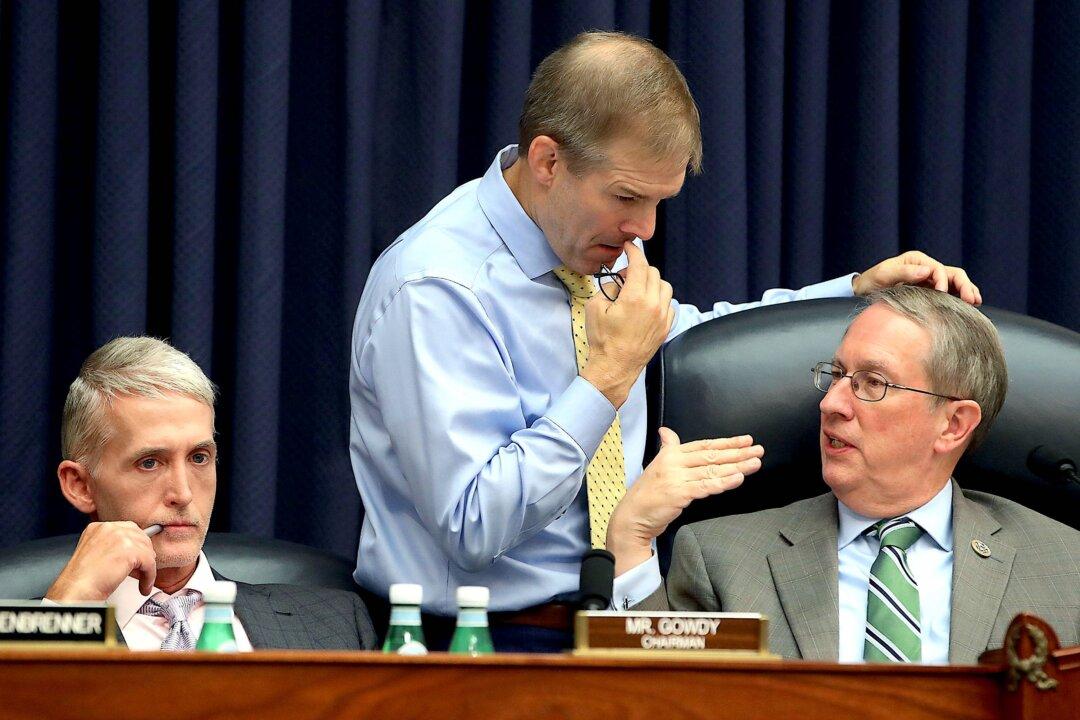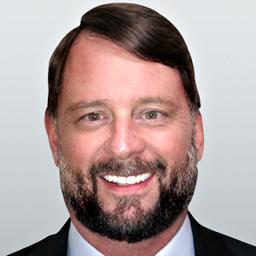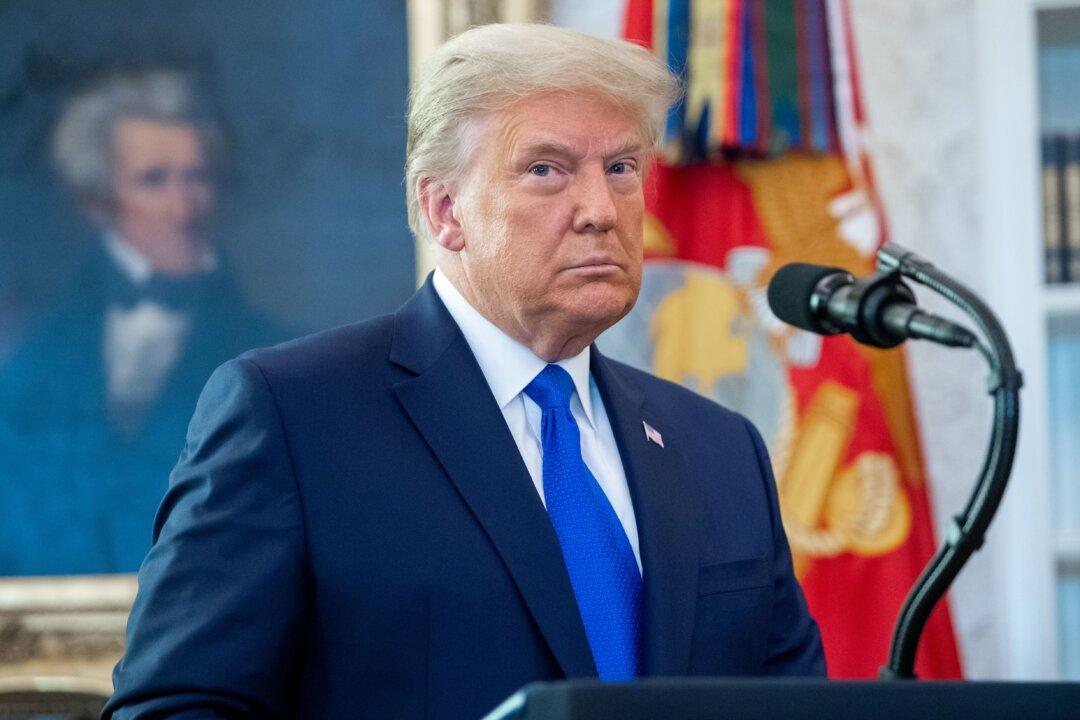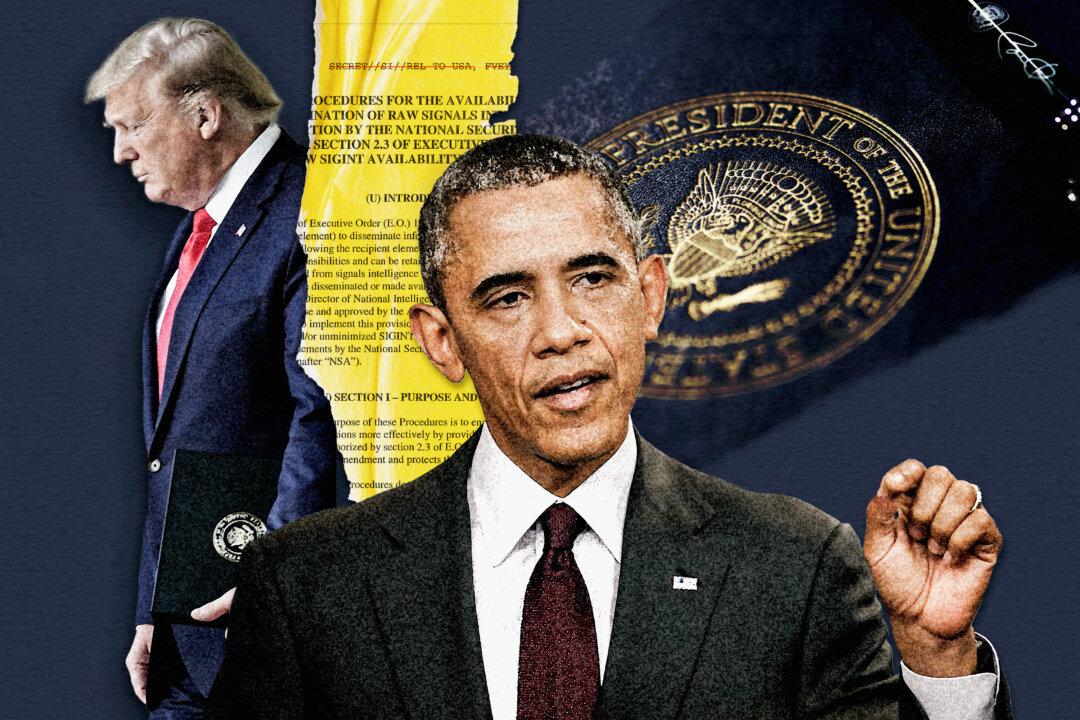Rep. Bob Goodlatte (R-Va.), chairman of the House Judiciary Committee, and Rep. Trey Gowdy (R-S.C.), chairman of the House Oversight and Government Reform Committee, are retiring effective Jan. 3, when the new Congress convenes.
Gowdy has been personally entrusted by Rep. Devin Nunes (R-Calif.), the chairman of the House Intelligence Committee, with handling all reviews of classified documents and information, while Goodlatte has been one of the most active members of Congress in uncovering the Spygate scandal, working in concert with Nunes’s investigations.





